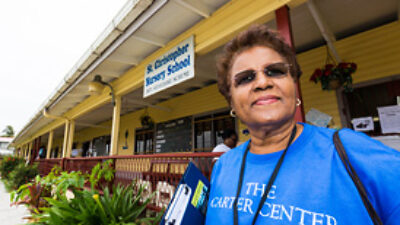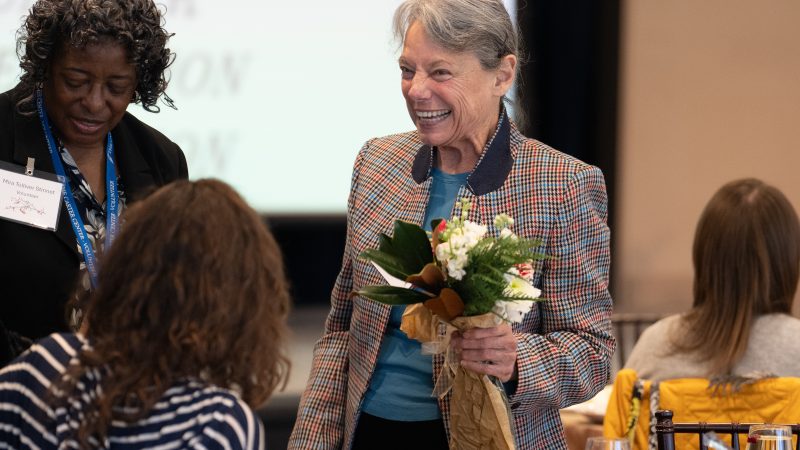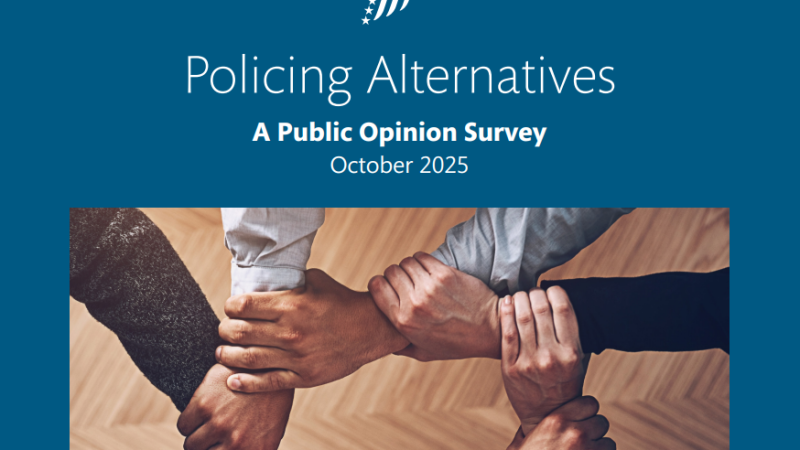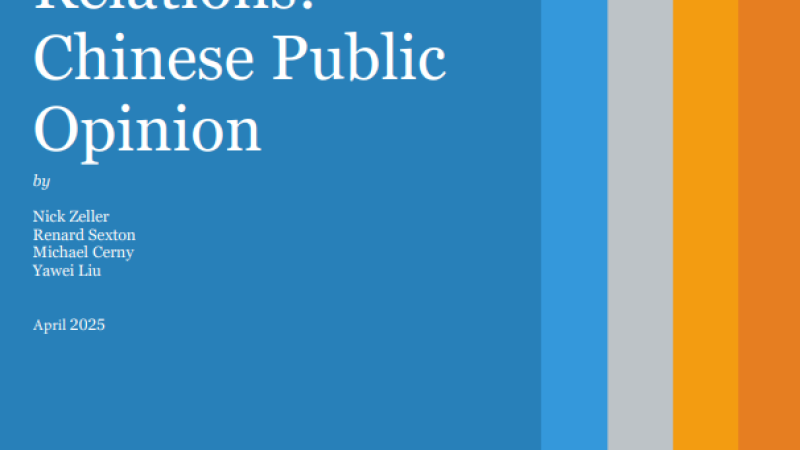Publications
We invite you to browse our latest publications. Some external links below may require a subscription.
Trip Report by Former U.S. President Jimmy Carter on Trip to Guyana, May 8-10, 2015

Trip Report by Former U.S. President Jimmy Carter on Trip to Moscow and Palestine, April 26-May 3, 2015
Trip Report by Former U.S. President Jimmy Carter on Trip to Beijing, Qingdao, Xian, and Shanghai, China, Sept. 1-10, 2014
Trip Report by Former U.S. President Jimmy Carter on Trip to Sweden and Norway, June 16-20, 2014
Trip Report by Former U.S. President Jimmy Carter on Trip to Paris, April 21-24, 2014
Trip Report by Former U.S. President Jimmy Carter on Trip to Panama, March 13-15, 2014
Trip Report by Former U.S. President Jimmy Carter on Trip to Dubai and Sudan, Jan. 18-25, 2014
Trip Report by Former U.S. President Jimmy Carter on Trip to Nepal, Nov. 14-23, 2013
Trip Report by Former U.S. President Jimmy Carter on Trip to Bogota, Colombia, July 28-30, 2013
Trip Report by Former U.S. President Jimmy Carter on Trip to Washington, D.C. and London, July 21-26, 2013
1 of 10
Global Impact Starts with You
Your support sustains the Carter Center's mission of waging peace, fighting disease, and building hope around the world.



